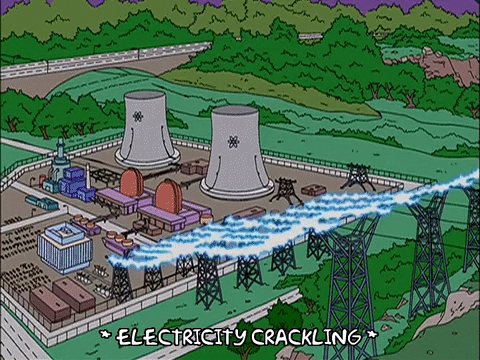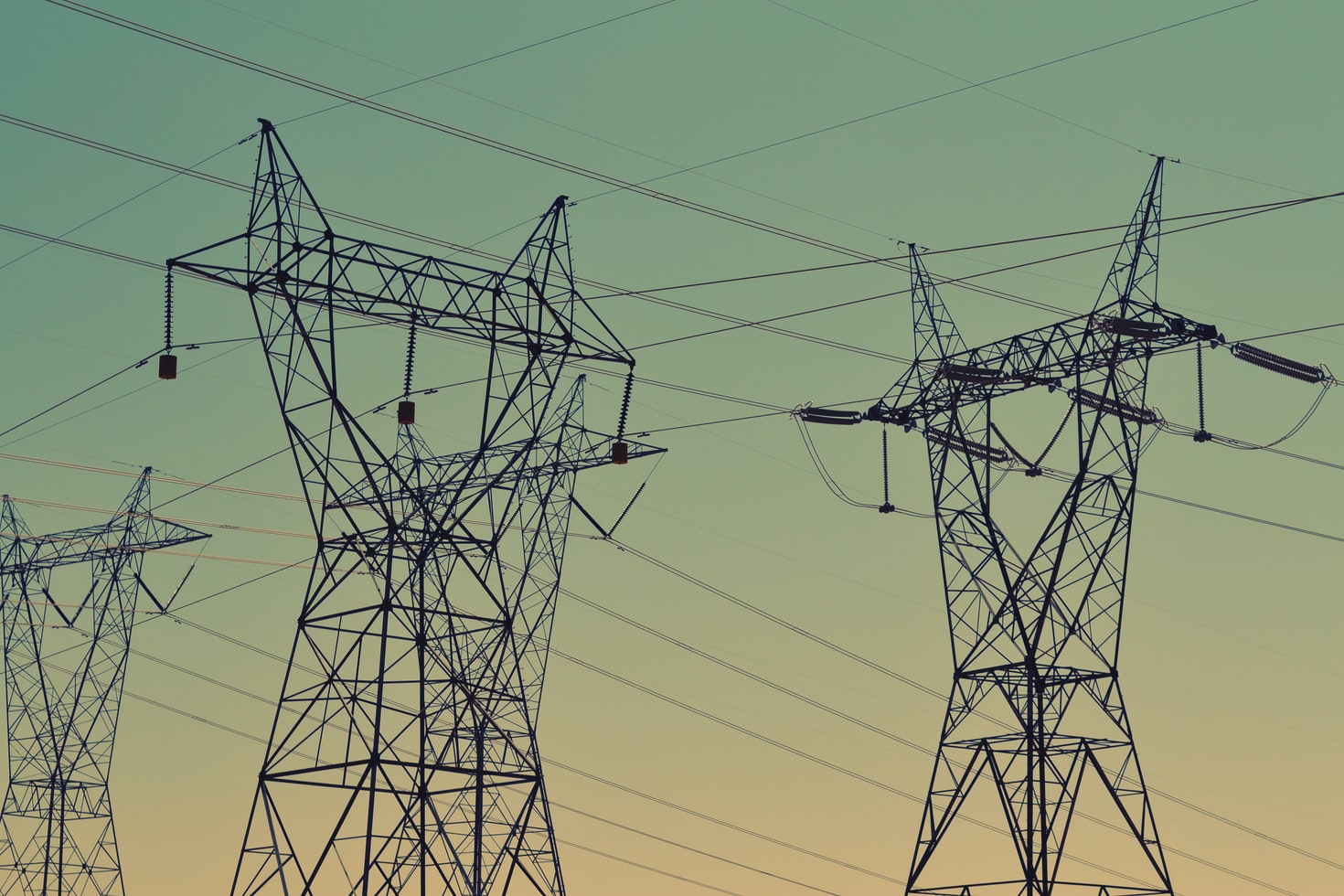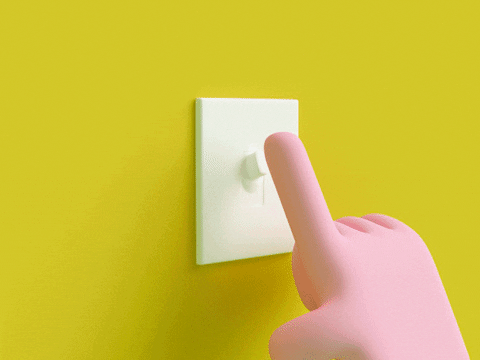Fuel Prices Are Rising Globally. Here's How It Affects The Energy Sector & Malaysian Homes
Fuel prices have been soaring globally, especially in the last couple of years.
Every day, you turn on your lights, fans, and AC without a second thought. But have you ever wondered where your electricity comes from?
Well, to answer your question — the majority comes from coal and natural gas.
For a simple light bulb at home to light up, providers like Tenaga Nasional Berhad (TNB) will first need to generate energy by burning coal and natural gas at their power plants.
From there, electricity is transmitted via transmission lines before being distributed to your homes.
As fuel prices continue to rise globally, the cost of electricity generation will rise too, as fuel is burned to generate power in the first place
As a result, there'll be a change in electricity bills too, which change accordingly to adapt to the rising costs. Based on a system called Imbalance Cost Pass-Through (ICPT), you'll either get a rebate or surcharge on your bill.
Whether it is European countries like Germany and Spain, or Indonesia, the Philippines, and China in Asia, the effects of rising coal prices are felt worldwide.
Naturally, this causes more pressure on economic activity, as well as higher tariffs for consumers, which is why it is of great concern for governments all over the world.
1. The government uses ICPT to reflect changes in fuel and electricity generation costs for consumer tariff every six months
The government determines electricity tariff through the incentive-based regulation (IBR) framework under the Energy Commission. IBR is considered one of the best practices used globally that ensures efficient electricity supply through a reasonable tariff.
Electricity tariff is divided into two parts, the base tariff and ICPT. The base tariff is fixed and will remain the same for three years at a time. On the other hand, ICPT is reviewed every six months, depending on fuel price fluctuations.
The electricity tariff covers all costs of bringing electricity to your doorstep, as shown below:
2. ICPT is calculated based on estimated fuel costs as well as the price to generate that power for a particular six-month period
The Energy Commission regulates power in Malaysia, and determines the framework of ICPT, subject to government approval every six months.
In theory, if the fuel price goes up, you'll get a surcharge. However, if the fuel price goes down, you'll get a rebate. To illustrate the fact, domestic consumers have enjoyed RM8.5 billion in rebates since the implementation of ICPT in 2014.This rebate has been made possible by the government partly through the formation of the Kumpulan Wang Industri Elektrik (KWIE).
In line with the decision of ICPT on 26 January by the government, all domestic customers will continue to enjoy a 2.00 sen/kWh rebate, whilst commercial and industrial customers will see a 3.70 sen/kWh surcharge in their monthly bills, effective 1 February until 30 June 2022.
3. Your electricity consumption dictates how ICPT will impact your monthly bills
In other words, you'll be charged according to every kWh of electricity consumed. Your monthly consumption is multiplied by the ICPT rate for that period in sen per kWh.
The ICPT charge will then be added or subtracted from the total of your current bill. Plus, there are different tiers of electricity tariff depending on how much electricity you consume.
4. The Energy Commission recommends consumers adopt energy efficient practices
Naturally, lifestyle habits can influence how much money you have to fork out every month, which is why it's important to be aware of how you use electricity at home.
Whether it is the addition of multiple devices such as laptops, phones, and TVs, having the AC blasting all day because of our hot weather, or even using old electrical appliances at home, your electricity bill can go up exponentially if you're not energy-conscious, and have wasteful behaviour go unchecked.
5. The good news is, TNB is relying less on coal and more on sustainable energy
This effort by TNB will help reduce carbon emissions and increase the use of renewable energy for a greener future.
The power company intends to phase out the use of coal, with the aim of achieving a 35% carbon emissions reduction by 2035— also in line with the government's green plan. The idea is to become coal-free and achieve net zero emissions by 2050.
6. In fact, TNB aspires to achieve net zero emissions by 2050
On top of phasing out our reliance on coal and natural gas, TNB is reducing carbon emissions by introducing renewable energy sources. This includes greener energy sources, from solar and wind, to hydropower.
Located in Sepang, Selangor, TNB's first large-scale 50-megawatt solar farm, equipped with 238,140 solar photovoltaic panels, began operations in 2019. The adoption of artificial intelligence and data analytics technologies means that TNB has been able to maximise the plant's efficiency to generate more clean power for our national grid — making us one step closer to our goal of reaching net zero by 2050.
Beyond that, TNB has also planted 23,600 saplings in Manjung, Perak as part of a mangrove rehabilitation project, and targets to plant 7,000 more by the end of December 2022. This not only restores natural ecosystems, but also helps reduce carbon dioxide from the atmosphere.
At the end of the day, the government wants to ensure that customers get to enjoy fair and transparent electricity tariffs
The government does this through the implementation of ICPT as well as IBR.
From burning coal at the power plant, to distributing electricity to homes, the entire process involves infrastructure, raw materials, and operational costs, which is what goes into the electricity tariff in Malaysia. In simple terms, the electricity tariff covers all costs of bringing electricity to your doorstep.
Watch this video to learn more about how fuel prices affect your electricity bill:








